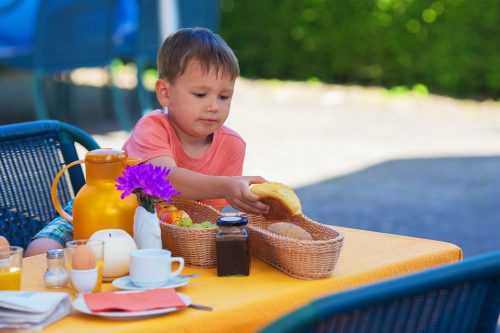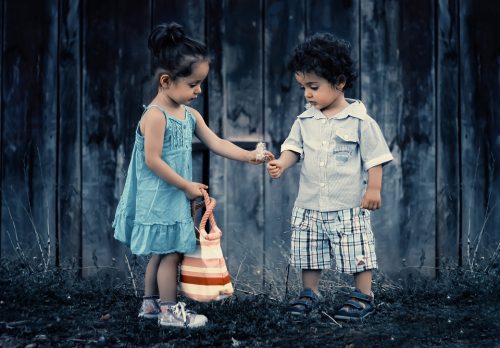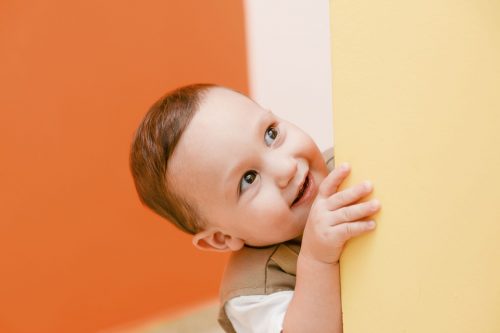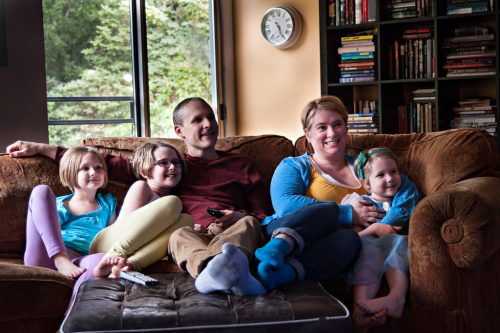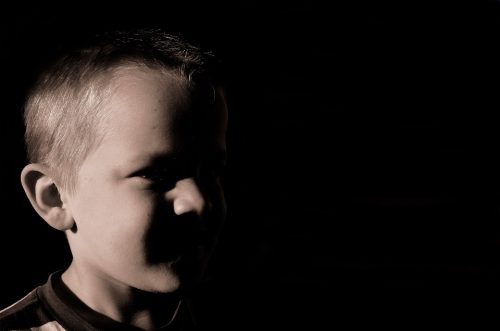
Source: pixabay.com
One in twenty kids (that’s one child in every elementary classroom) are estimated to have depression. Many times, it’s triggered by a traumatic event, such as parent’s divorce, moving or changing schools, or sickness. — John Smith Ph.D.
I grew up knowing a little boy named David (not his real name) who used to feel so unloved and unwanted in his household. Whenever the aunts and uncles visited their home, they would always point out his wrongdoings and scold him for every single mistake. E.g., spilling a drop of soup on the table, turning up the volume of the TV, etc. Even David’s parents would do the same and pressure him into being #1 in his entire grade; that’s why he couldn’t help but resent his family. He was not supposed to reason out or talk back to the elders, though, so his only outlet was doing thin cuts on his leg to forget his situation somehow. Of course, he did not divulge that problem to them, but his parents eventually saw the cuts and brought the little boy straight to a therapist.
As per a psychologist’s diagnosis, David was suffering from depression. It made his parents’ hearts ache so bad that they frantically asked the licensed therapist about what they could do to help their poor child. The most practical suggestion that they received was to get the friends, and other relatives know about David’s condition so that they would not add to his depressive feelings.
Now, if you are acquainted or related to any kid like David who has been diagnosed with depression, here’s how you should behave around them.
1. Don’t Talk About The Mental Disorder
The first no-no as someone who knows the depressed kid but is not his or her mom or dad is to avoid talking about the fact that you are aware of their depression. For one, it can make them feel small after learning that the news about their condition has already reached other people. Once the adults know about something, after all, they know that it will only take time before their classmates and other kids hear about it as well. Then, they fear of getting bullied because of it. If you want to ease the troubled youngster’s situation, therefore, you should talk about anything but depression in front of them.
n her cross-cultural research on depression, psychologist Yulia Chentsova-Dutton likens depression’s constellations of symptoms to the starry sky. It’s the same universal experience of suffering, the same black vastness above our heads dotted with bright and dim lights. — Marianna Pogosyan Ph.D.
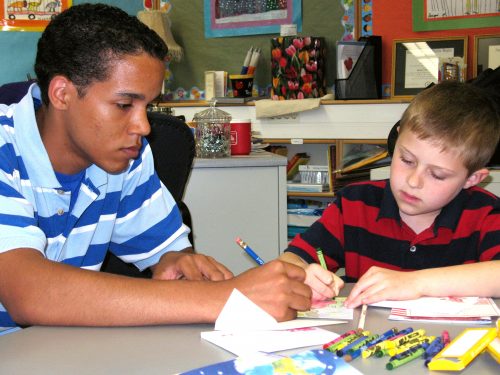
Source: af.mil
2. Encourage The Depressed Child To Talk Anytime
Although it is not ideal to speak about the mental disorder deliberately, it still matters to help the depressed kid bring out their bottled-up thoughts and emotions. That is the only thing that prevents them from healing, to be honest.
One technique that you can try is to start a game with different children in which the loser has to mention something that he or she feels sad. When the depressed child sees others being unafraid to talk about their emotions in the presence of an adult, he or she may follow suit without hesitation. However, if it does not happen for the first time, you should use another tactic next time instead of forcing the kid to speak up.
3. Know Their Triggers
Another thing to keep in mind is that anyone with a psychological issue has buttons that can be triggered by various scenarios. There are no generalized trigger factors; everyone has a different case. Therefore, it will be wise for you to find out what they are for the child that you will be dealing with to avoid making them feel more depressed than ever.
In David’s case, his depression gets triggered when he hears someone shouting angrily even he’s not the one getting screamed at. Whatever facial expression he has dissolves into nothing as soon as the yelling comes and you can see him internally retreating in the dark corners of his mind when it happens. For that reason, shouting is ill-advised when David is around.
4. Help The Kid Appreciate What He Or She Has
Children as young as three years old get diagnosed with depression, and many parents cannot figure out why. Some say that it is because of the pressure that society puts on them; others think that it is brought by the things they see on the internet.
While it’s hard to tell which is which for every kid, what’s typical for most depressed individuals, young and old, is that they tend to focus on the negative aspects of life. “My life is trash because I can’t have this or that.” “How can I live if I can’t get everything I want?” “I am too unfortunate for not being able to buy anything I want.” When you show them what they have in subtle ways, though, it may not take long before they realize that: a) they are still blessed, and 2) not having some things is not enough to lay waste to their beautiful life.
…the interaction between the mother and the infant/toddler determines the child’s later neurodevelopment. For instance, longitudinal studies from 2002 found that the hippocampus of those with symptoms of depression had less volume and lower cortical volume as young adults, influencing their psychosocial interactions, emotional regulation, and cognitive function. — William L. Mace Ph.D.
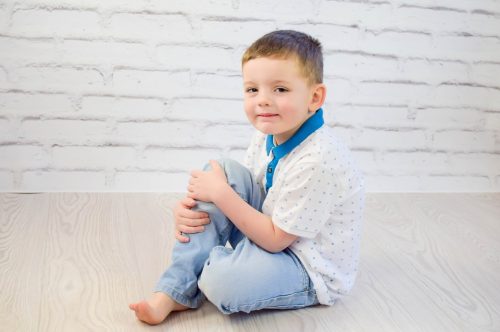
Source: pixabay.com
Final Thoughts
Helping an adult overcome depression is not easy, even if you are practically on the same wavelength. Thus, you can expect to deal with a depressed child to be much harder than that, especially since they do not understand how the world revolves just yet. Despite that, try your best to be of help to save someone from such a mental disorder.
Good luck!

